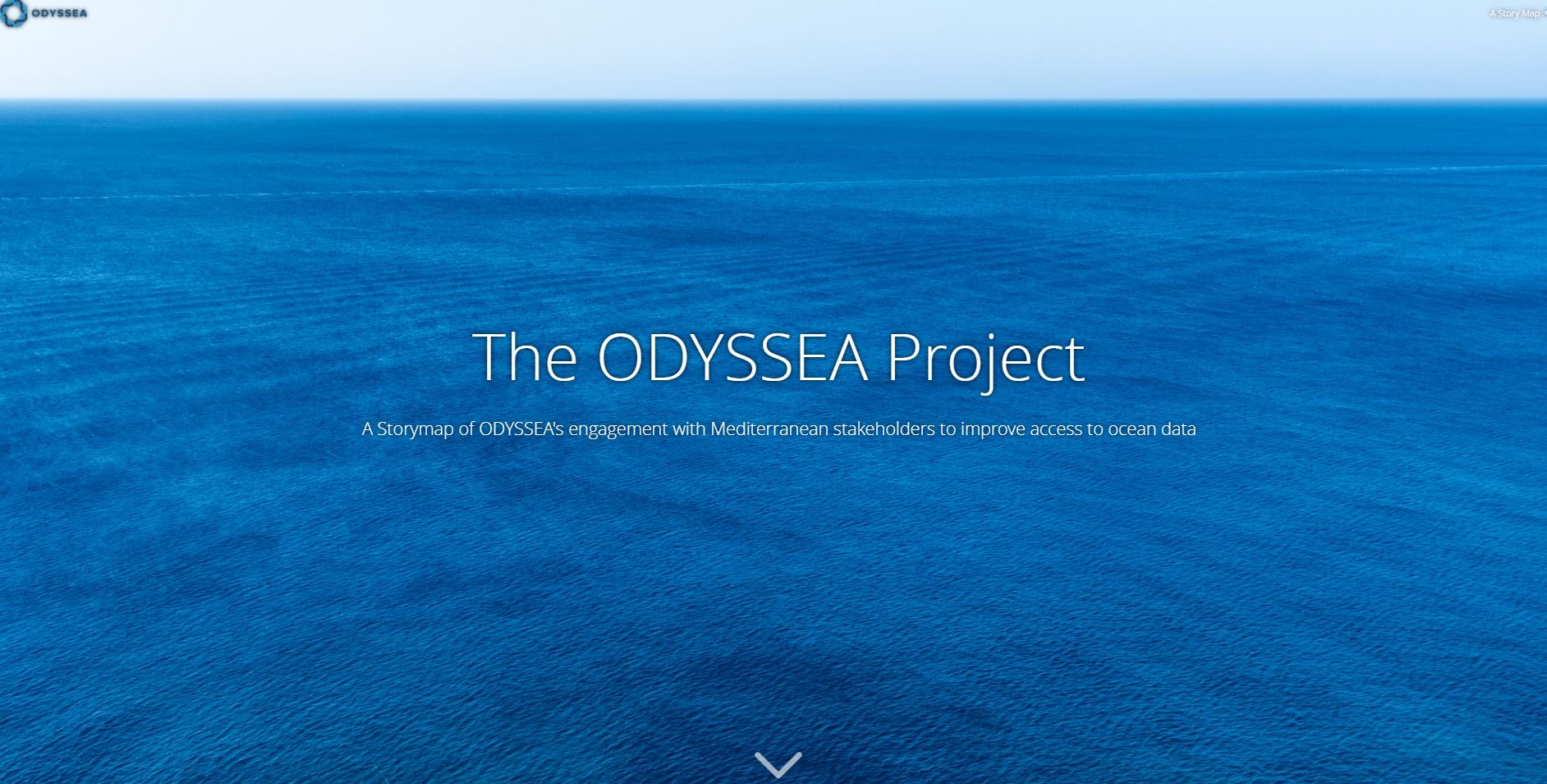The Mediterranean Sea is a major holiday destination and an important provider of food, energy and transport routes. Yet human activities are threatening the marine and coastal habitats and wildlife in the region, resulting in a decline in biodiversity and ecosystem health. Data are needed to make informed decisions to tackle the pressures facing the Mediterranean Sea, but this information is often hard to find as it is scattered across many different organizations.
The ODYSSEA Project, funded by the European Union’s Horizon 2020 Programme, aims to tackle this issue and support those who use and manage the Mediterranean Sea by facilitating access to marine data. The project is building an online platform to share information on the marine environment. This involves bringing together existing data on parameters such water temperature and quality, sea conditions (e.g. waves), and invasive species, as well as collecting new in-situ data at local observatories stationed across the Mediterranean Sea.
Engaging stakeholders is key to ensuring the project helps to provide the data that are most needed to inform decision-making. A Storymap, developed by UNEP-WCMC as part of the ODYSSEA project, visualises how the ODYSSEA consortium has connected with Mediterranean stakeholders from EU and non-EU countries, from North and South, from businesses, governments, the research community and civil society. It also illustrates how ODYSSEA has engaged with key users of ocean data, such as port authorities, fisheries associations and oil and gas companies, to provide tailored services and tools that can facilitate safe and environmentally sustainable operations at sea.
As the ODYSSEA project enters its final year, ODYSSEA partners will continue engaging with key Mediterranean stakeholders to increase data accessibility to support sustainable decision-making and management.


